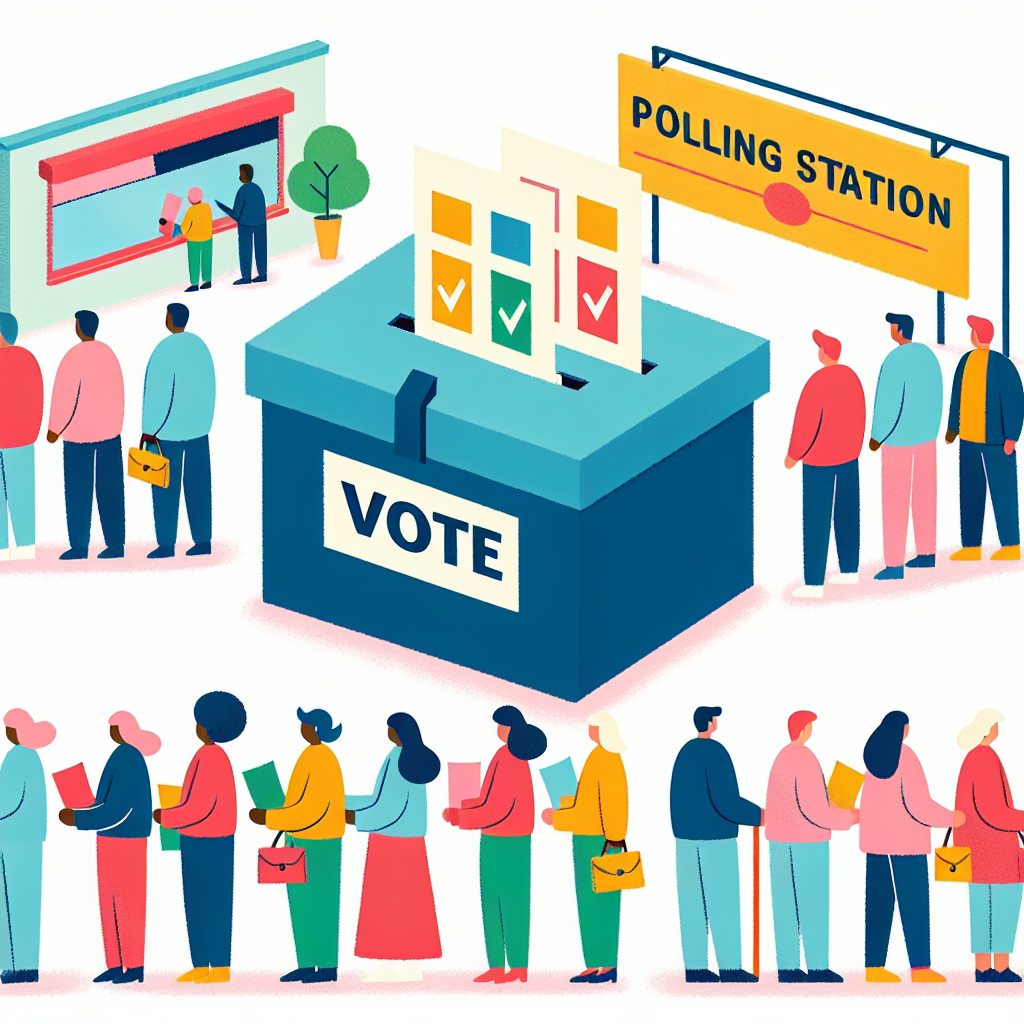Germany's Political Crossroads: New Elections Amid Crisis
Germany is set to hold new elections on February 23 after Chancellor Olaf Scholz's coalition collapsed. Despite opposition calls for an earlier vote, Scholz warned of logistical challenges. The elections follow internal disagreements and come at a time of economic and diplomatic uncertainty.

Germany is poised to enter a new electoral chapter on February 23, following the collapse of Chancellor Olaf Scholz's governing coalition. This fresh election date came to light as the Social Democrats, Greens, and conservatives reached a compromise, with sources confirming the decision on Tuesday.
Calls for an earlier election, suggested by opposition leader Friedrich Merz, were resisted by Scholz. He cited concerns that holding a vote in January would burden electoral authorities during the challenging winter months, which include holidays and a peak in illnesses. According to Scholz, this timing could also leave parties underprepared.
The new elections will be arranged after Scholz initiates and loses a confidence vote in parliament, anticipated to occur around mid-December. Meanwhile, Scholz continues to run a minority government with the Greens' support, striving to pass essential laws to protect the Constitutional Court and secure Ukraine funding before potentially stepping down.
(With inputs from agencies.)









